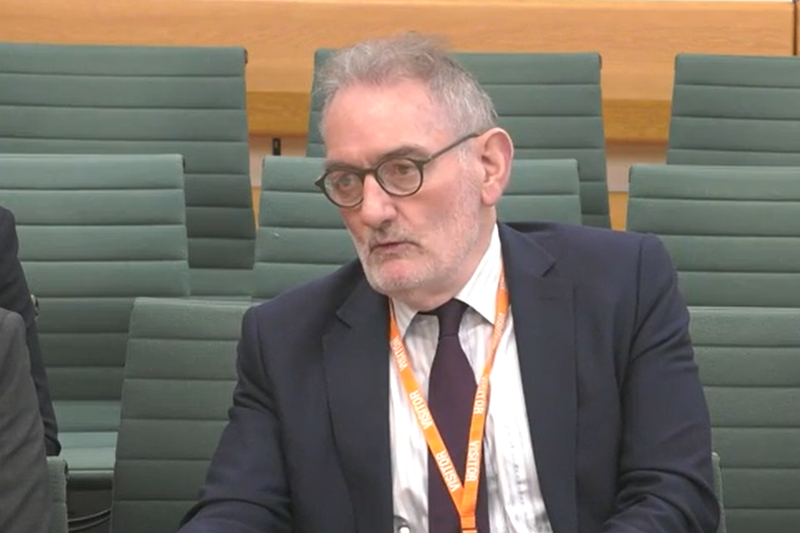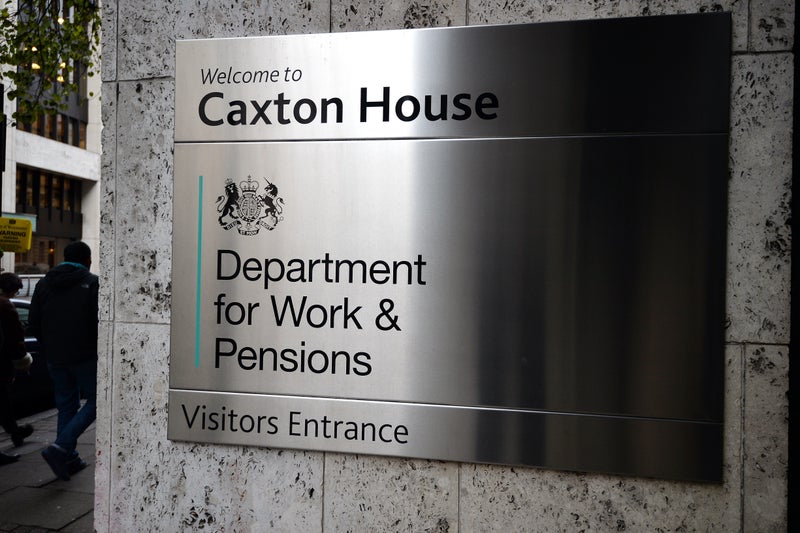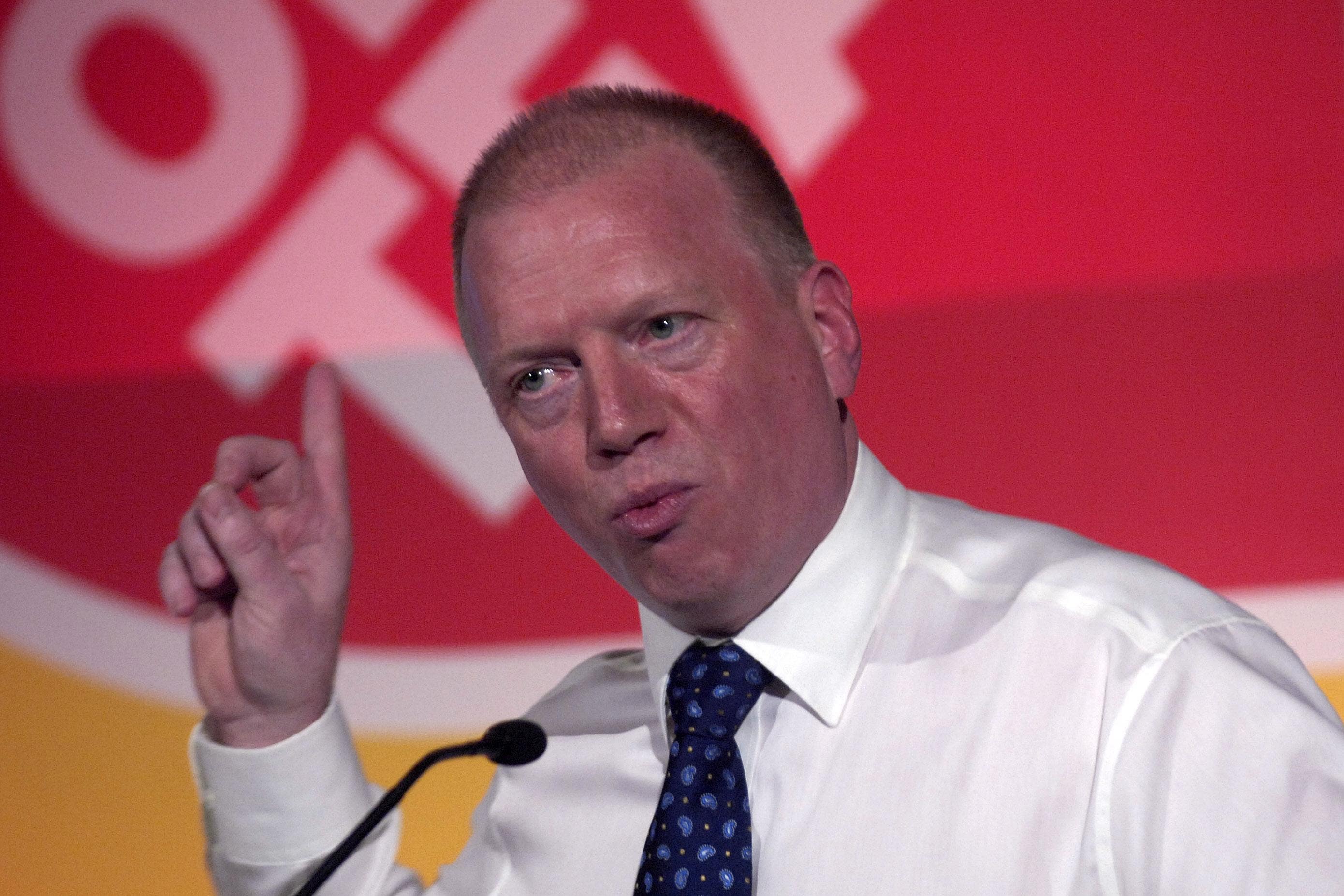UK data chief calls for more cash to lift response rates amid faulty jobs survey
UK data chief calls for more cash to lift response rates amid faulty jobs survey
Share:
Britain’s national statistician wants more funding to help it fight falling response rates to surveys, amid work to fix a crisis around its faulty jobs data. Sir Ian Diamond, head of the Office for National Statistics (ONS), told MPs it needs “more resources” to boost response rates, adding that the public body now publishes fewer sets of data because of being forced to save money in recent years.
The ONS has been warning over the accuracy of its main jobs data – the labour force survey – for some time, with economists increasingly becoming reluctant to place any weight on the statistics. Please, please, please don’t think I am being complacent. I lie awake at night worrying about this the whole time. Speaking to the Treasury Committee on Tuesday, Sir Ian said the reliability of the data had been hit because response rates had plummeted since the pandemic.
He said: “We’re finding very, very, very high levels of flat refusal,” adding that it is taking his colleagues twice the level of effort to get interviews compared with pre-pandemic. The public body also needs better data sharing between Government departments to support its work, he said, adding that fewer people now have landlines and that a directory of people’s emails would help it reach more respondents.
When asked by MP Jeevun Sandher if that means the ONS needs “more cash and better data linkage”, Sir Ian said: “Yes.”. Last year, economists at the Resolution Foundation think tank claimed nearly one million workers in Britain’s jobs market have been “lost” because of the poor and unreliable official data and that the rate of UK unemployment and inactivity may have been overstated. Long-term sickness is thought to be the main reason why economic inactivity in the UK rose to a record 9.4 million last year, about 22% of working age adults.
Sir Ian insisted that the ONS’s data around economic inactivity are reliable, despite the wider problems around the jobs survey, adding: “Please, please, please don’t think I am being complacent. I lie awake at night worrying about this the whole time.”. He said the ONS also uses data from payrolls and employers, as well as records of benefit claimants and NHS statistics, and has found its own findings “hang up pretty well”.
Nonetheless, he said he is optimistic of switching to a new and improved labour force survey in 2026, sooner than some warnings. The ONS has previously said it could take until 2027 to fix the labour force data, but Sir Ian said he is “super hopeful” that it will switch to a more reliable version in 2026. He also outlined a range of issues around resourcing facing the organisation, after being forced to make savings which have resulted in it publishing less research.
Sir Ian said the ONS had been forced to make £34 million in efficiencies in recent years, while also facing “a number of inflationary pressures”. Those included an extra £1,500 cost-of-living payment for staff which cost the organisation about £9 million, while pay rises for the last two years have been above the 2% annual rise agreed at its last review in 2021. When asked if that had affected ONS research, he said the extra costs and savings have “got to be found somewhere”.
Sir Ian said the body had reduced the number of “outputs”, which refers to the pieces of research it releases, and that “a number of stakeholders are pretty unhappy about that”. However, he told MPs the ONS had not reduced the quality of the pieces of research it has continued doing. “I would much rather be very, very clear to all my colleagues that we are not going to reduce on quality. Quality is all that should matter to us,” he said.






















